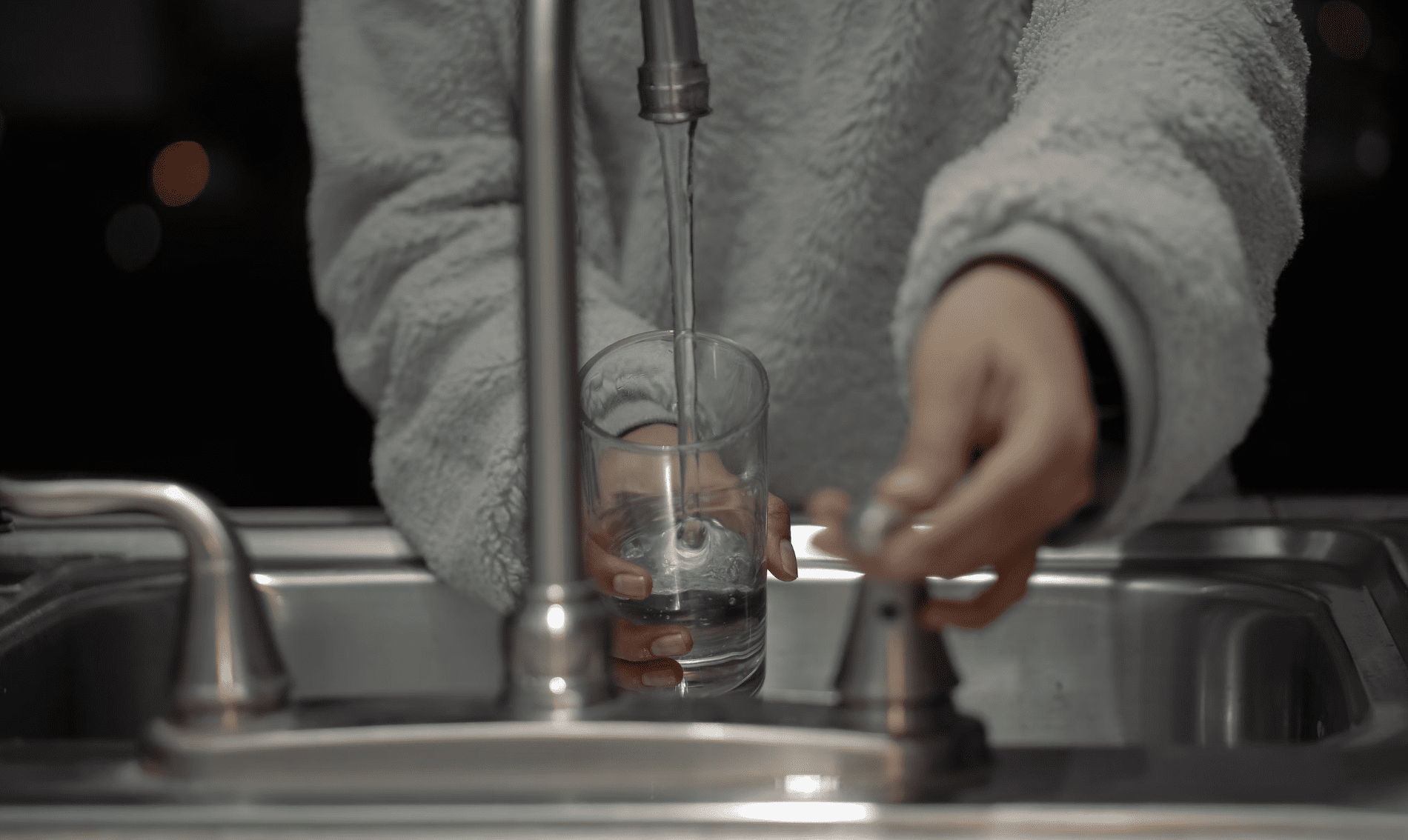No products in the cart.

Within a few years, the Netherlands might find itself in a dry spell when it comes to its drinking water. To prevent such a scenario from unfolding, in its most recent report Vewin, which represents all ten Dutch water companies, urges for immediate action to be taken.
The report finds that the Netherlands’ water infrastructure is being pushed to its limits–drought, the soil’s salinization, and an increase in water demand due to population growth, which requires more houses to be built, are all contributing factors.
The ten companies go on to state that if no measures are taken, they can not guarantee that the 900,000 new homes that the Dutch cabinet plans on building until 2030’s end (in its efforts to address the country’s enduring housing crisis) can be supplied with drinking water—something water companies are under a legal obligation to do. Three of these (Dunea, Vitens, and Waterbedrijf Groningen) are already struggling to keep up.
The demand for drinking water in the Netherlands has risen sharply in the last ten years, a trend that is expected to continue. The report voices concern that during periods of drought, which have become more frequent, the water supply can dip below dangerous levels.
In order to keep up with demand, by 2030, all of these companies’ production, purification, as well as distribution capabilities must therefore be scaled up, they argue. They hope that water and soil will be considered far more urgently than they are in both national and provincial politics. If this does not happen, “future generations risk being saddled with a less secure supply of reliable drinking water,” the report says.
Additionally, the companies also express their worry about the deterioration in the quality of drinking water sources due to pollution from agriculture, industry, and households.
To counteract some of these concerns, the companies want it to be easier to obtain water extraction permits. In many cases, there are conflicting interests: for example, when these sources lie in the vicinity of nature reserves. Drinking water companies also want the government to make legal adjustments to the decrees for drinking water and building: for example, allowing for the use of rainwater and the recycling of drinking water in homes. They also ask for investments in new conversion technologies, which open up the possibility of having drinkable seawater.
To buttress these efforts, they call on the government to launch public campaigns which call upon citizens to be more conservative in their water use.
In a separate press release, Chairman Peter van der Velden explains that everyone “takes it for granted that water comes out of the tap. That is not true, which is worrying. We have to take extra measures. We have to get our hands dirty.”
On September 27th, two days after the report’s release, the House of Representatives put questions to the State Secretary of Infrastructure and Water Management, Vivianne Heijnen. In the interests of safeguarding the future of Dutch drinking water, they asked for more commitment to tackling water pollution and in combating waste.